
The Science Is In: Greater Equality Makes Societies Healthier
What matters is where we stand in relation to others in our own society.
Read or listen offline
Amazon KindleRecommendation
Countries with low levels of income inequality have lower infant and maternal mortality rates, lower rates of depression, and a more educated public, compared to those with a huge gap between the rich and the poor. So says this eye-opening article by professors Richard Wilkinson and Kate Pickett. Their research finds that the United States fares poorly – relative to other advanced nations – on standard measures of human welfare such as health, education and social cohesion. While always politically neutral, getAbstract recommends this brief article on the links between wealth disparities and well-being to anyone interested in the broad impacts of severe income inequity within countries.
Summary
About the Authors
Richard Wilkinson is professor emeritus of social epidemiology at the University of Nottingham. Kate Pickett is a professor of epidemiology at the University of York.





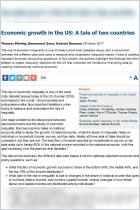
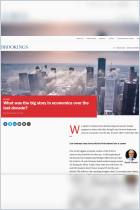
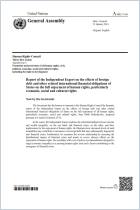
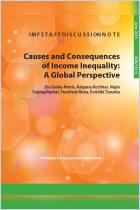
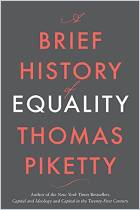
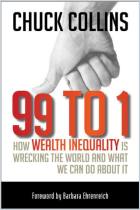



Comment on this summary